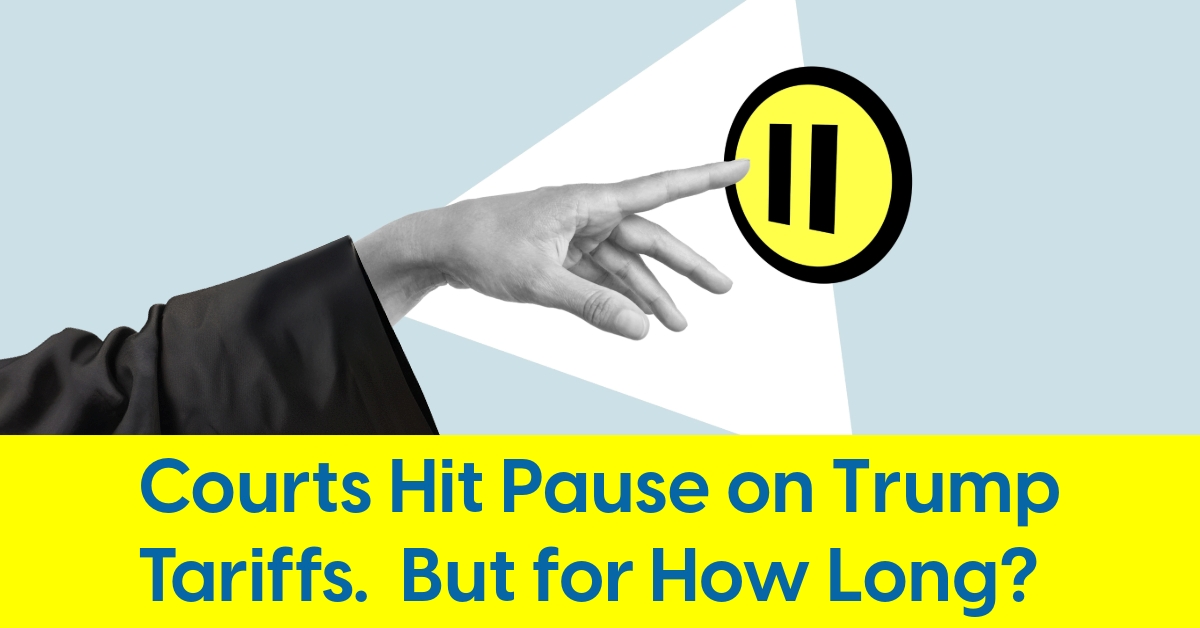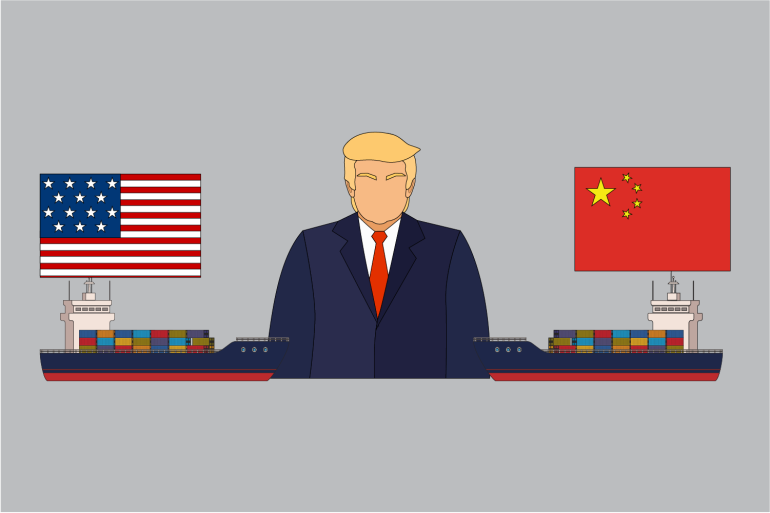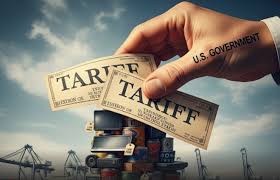Recently, the United States International Trade Court made a significant ruling, suspending the implementation of the package of tariffs previously announced by the Trump administration. This ruling has attracted widespread attention, and all parties, from the domestic US to the international market, are closely watching its subsequent impact and development direction.

Trump signed an executive order on April 2 this year, citing the International Emergency Economic Powers Act, declaring the United States to be in a state of emergency, and then imposing so-called "reciprocal tariffs" on all trading partners. However, the United States International Trade Court made it clear in its ruling on May 28 that the president did not have the power to impose comprehensive tariffs on almost all trading partners. The U.S. Congress established authority in the International Emergency Economic Powers Act to limit when and how the president can impose tariffs, and this move by the Trump administration exceeded the president's authority. The U.S. Constitution gives the U.S. Congress the power to regulate trade with other countries, and the president's emergency power exercised on the grounds of "trade imbalance" does not override the relevant powers of Congress.
This ruling stems from two lawsuits. One case was jointly filed by 12 U.S. states, including Arizona, Colorado, and Connecticut; the other was filed by the Liberty Justice Center on behalf of five U.S. small businesses that import goods from countries affected by tariffs. Dan Rayfield, Attorney General of Oregon, who represented the suing state, said: "This ruling proves once again that our laws are vital and trade decisions cannot be made at the will of the president."
After the ruling was made, the White House responded quickly. White House spokesman Kush Desai severely criticized the ruling of the International Trade Court, saying that the trade deficit between the United States and other countries constitutes a "national emergency", "it destroys American communities, causes our working groups to fall behind and weakens the defense industrial base", and "how to properly respond to national emergencies is not determined by unelected judges." Stephen Miller, deputy director of the White House Office, even bluntly stated on social media that "the judicial coup has gotten out of control." In addition, the Trump administration appealed to the U.S. Court of Appeals for the Federal Circuit shortly after the ruling was made.

At present, the specific implementation details of the ruling on the relevant tariffs are still unclear. The International Trade Court ruled that the executive branch has up to 10 days to complete the termination process, but its ruling can be appealed to the U.S. Court of Appeals for the Federal Circuit in Washington, D.C., and ultimately even to the U.S. Supreme Court. John Leonard, a former U.S. Customs and Border Protection official, said that if the White House fails to appeal, companies that have paid tariffs will receive refunds and interest on the overpaid amount. However, at present, border policy has not changed and tariffs must still be paid as usual.
It is worth noting that this ruling does not affect tariffs issued by the Trump administration under other laws, such as tariffs on goods such as steel, aluminum, and automobiles, and threatened tariffs on pharmaceuticals, semiconductors and other key products. But in any case, this ruling is undoubtedly a victory for companies and state alliances that have suffered huge economic losses from the trade war and filed lawsuits. Previously, the additional tariffs have brought heavy burdens to American working families and businesses. If they continue, they may lead to problems such as increased inflation, damage to corporate economies, and increased unemployment. A company involved in the lawsuit against the U.S. government once said that the uncertainty of tariffs has seriously hindered the completion of orders.
Financial markets also responded quickly to the ruling of the U.S. International Trade Court. After the ruling was released, the US dollar rose and Asian stocks generally rose. Stephen Innes, managing partner of Swiss SPI Asset Management, said: "Just when traders thought they had seen through every turning point of the tariff storm, the gavel of the ruling was like a flash of lightning across the Pacific." He believes that this ruling is at least "a brief respite before the next thunder."
From an international perspective, all parties have also expressed concern about the ruling. Australian Minister of Trade and Tourism Don Farrell said that Australia will carefully study the latest ruling of the US court on "reciprocal tariffs". "The Albanese government has always believed that the tariffs imposed by the United States on Australian goods are unreasonable" and will urge the United States to completely cancel the tariffs imposed on Australian goods. The European Union is in intense negotiations with the United States to avoid being levied a general tariff of 50%. The court's ruling provides an opportunity for the European Union to have more confidence in the negotiations. A spokesman for the German Federal Ministry of Economics and Energy said that the ministry could not comment on the ongoing legal proceedings in the United States. "We still believe that the negotiations between the European Commission and the US government can reach a mutually beneficial solution." Japanese Chief Cabinet Secretary Yoshimasa Hayashi said that the ruling and its impact will be fully reviewed and properly dealt with. Japanese Minister of Economic Revitalization Ryomasa Akazawa has gone to Washington to attend the fourth round of Japan-US tariff negotiations.

Ted Murphy, a trade lawyer at Sidley Austin LLP, believes that this ruling is a blow to the US government's trade agenda, but "not the final conclusion." In addition to appealing, the US government is likely to seek an emergency suspension of the ruling and may initiate alternative tariffs under more standard legal authorization. At present, the outcome of the judicial challenge to the Trump administration's tariff measures remains unclear. The Federal Circuit Court of Appeals has asked the Trump administration and the states and companies that filed the lawsuit to submit a reply in early June. Subsequent developments deserve continued attention.

